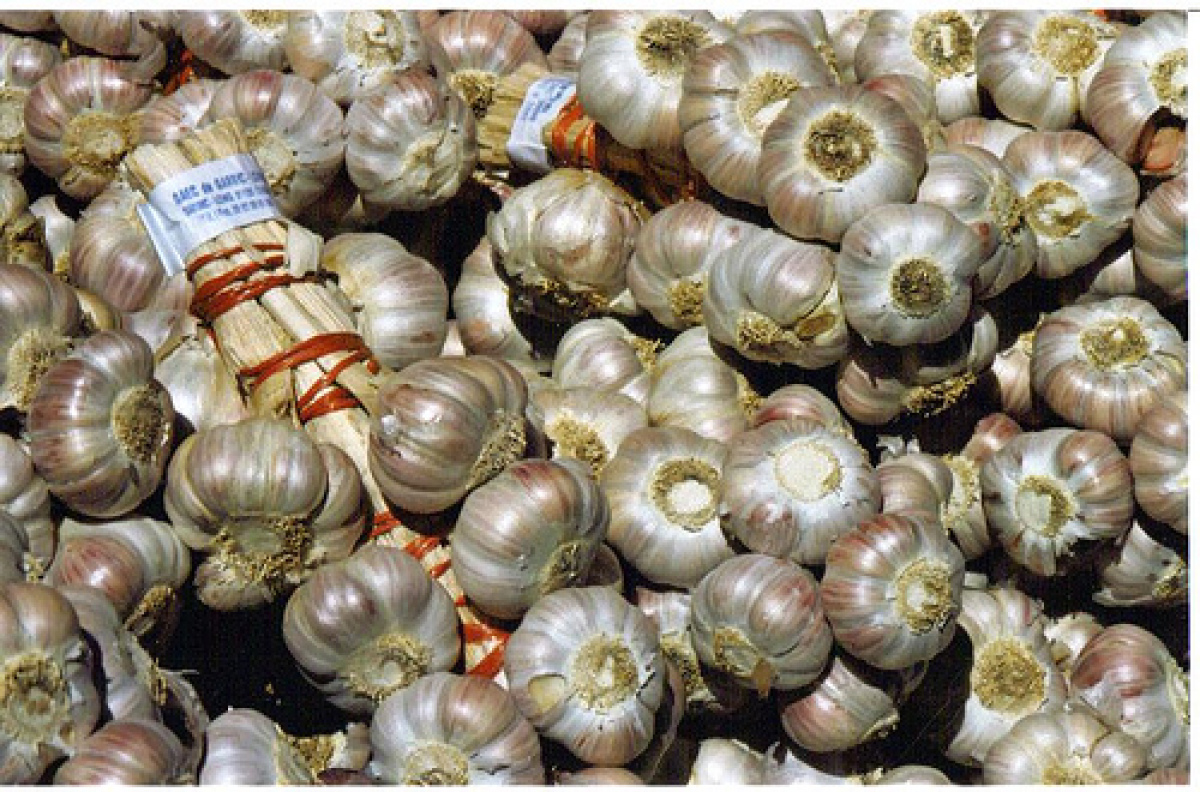What do people eat in France?
Diet
French cuisine is legend; cooking is considered an art. Regional traditions are strong. There are several types of cooking, ranging from hearty, inexpensive fare to sophisticated dishes with costly ingredients and complex sauces. Nouvelle cuisine, which emerged in the 1960s, was a reaction to this heavy style of cooking. It features lighter ingredients, smaller portions, and an artistic presentation. Although resisted by the French, fast food is gaining in popularity and most kinds are available. French breads and patisserie are well-known abroad, such as croissants and baguettes.Breakfast is typically continental and light, consisting of a baguette (French bread) or a croissant with butter or jam. Breakfast is accompanied by a strong coffee with hot milk (or sometimes hot chocolate). Supper and dinner are often accompanied by wine, with coffee taken after both meals. France is also famous for its exquisite desserts, such as crème brûlée (burnt cream) and chocolate mousse.
Many people make a habit of making a big pancake breakfast on January 1st.
Mealtime
Table manners are important. While at the table hands should remain above the table. Elbows should not be placed on the table. When eating out, the person who invites or makes the suggestion is the one who pays.There are usually three meals a day, breakfast, supper, and dinner. Often, children have a snack at 4 PM. Breakfast is in the morning when people get up; supper is at noon or before 1 PM and is usually the largest meal of the day. Dinner is around 7 or 8 PM. Breakfast and dinner are usually eaten at home. Often, during work, children eat at school or at home depending on their parents, workers eat either at home or in a cafeteria (and so do their children), and people can eat out at noon with friends. Dinner out is generally associated with great occasions.
At mealtime usually, everyone has a seat to eat at the table. The whole family eats at the same time, together. The hands should be on the table so that people can see what one does with his hands. Not showing one's hands is considered impolite as it is seen as concealing something from other people's view.
Popular France Recipes
- A Croque-monsieur salad - Side Dish
- Aigo Bouido (Garlic Soup) - Soup
- Bouillabaisse (French Seafood Stew) - Main Dish
- Buche de Noel (Christmas Cake) - Dessert
- Chicken Francaise - Main Dish
- Chocolate Dream Crepes - Dessert
- Chocolate Eclairs - Dessert
- Classic Cassoulet - Main Dish
- Croissant - Bread
- Cromesquis - Side Dish
- Croque Monsieur (Toasted Ham Sandwich) - Main Dish
- Crème aux Fraises (Strawberries and Cream) - Dessert
- Crêpes - Dessert
- French Onion Soup - Soup
- French-Style Peas - Side Dish
- Légumes Farcis à la Provençale (Stuffed Vegetables) - Side Dish
- Stuffed Eggs with Caviar - Side Dish

World Regions
All Countries
Afghanistan
Akrotiri
Albania
Algeria
American Samoa
Andorra
Angola
Anguilla
Antarctica
Antigua and Barbuda
Argentina
Armenia
Aruba
Australia
Austria
Azerbaijan
Bahamas
Bahrain
Bangladesh
Barbados
Belarus
Belgium
Belize
Benin
Bermuda
Bhutan
Bolivia
Bosnia and Herzegovina
Botswana
Brazil
British Indian Ocean Territory
British Virgin Islands
Brunei
Bulgaria
Burkina Faso
Burma
Burundi
Cabo Verde
Cambodia
Cameroon
Canada
Cayman Islands
Central African Republic
Chad
Chile
China
Christmas Island
Clipperton Island
Cocos (Keeling) Islands
Colombia
Comoros
Congo, Democratic Republic of the
Congo, Republic of the
Cook Islands
Coral Sea Islands
Costa Rica
Cote d’Ivoire
Croatia
Cuba
Curacao
Cyprus
Czech Republic
Denmark
Dhekelia
Djibouti
Dominica
Dominican Republic
Ecuador
Egypt
El Salvador
Equatorial Guinea
Eritrea
Estonia
Eswatini
Ethiopia
Falkland Islands
Faroe Islands
Fiji
Finland
France
French Guiana
French Polynesia
Gabon
Gambia, The
Gaza Strip
Georgia
Germany
Ghana
Gibraltar
Greece
Greenland
Grenada
Guadeloupe
Guam
Guatemala
Guernsey
Guinea
Guinea-Bissau
Guyana
Haiti
Holy See
Honduras
Hong Kong
Hungary
Iceland
India
Indonesia
Iran
Iraq
Ireland
Isle of Man
Israel
Italy
Jamaica
Jan Mayen
Japan
Jersey
Jordan
Kazakhstan
Kenya
Kiribati
Korea, North
Korea, South
Kosovo
Kuwait
Kyrgyzstan
Laos
Latvia
Lebanon
Lesotho
Liberia
Libya
Liechtenstein
Lithuania
Luxembourg
Macau
Madagascar
Malawi
Malaysia
Maldives
Mali
Malta
Marshall Islands
Martinique
Mauritania
Mauritius
Mayotte
Mexico
Micronesia
Moldova
Monaco
Mongolia
Montenegro
Montserrat
Morocco
Mozambique
Namibia
Nauru
Nepal
Netherlands
New Caledonia
New Zealand
Nicaragua
Niger
Nigeria
Niue
Norfolk Island
North Macedonia
Northern Mariana Islands
Norway
Oman
Pakistan
Palau
Panama
Papua New Guinea
Paraguay
Peru
Philippines
Pitcairn Islands
Poland
Portugal
Puerto Rico
Qatar
Reunion
Romania
Russia
Rwanda
Saint Helena, Ascension, and Tristan da Cunha
Saint Kitts and Nevis
Saint Lucia
Saint Pierre and Miquelon
Saint Vincent and the Grenadines
Samoa
San Marino
Sao Tome and Principe
Saudi Arabia
Senegal
Serbia
Seychelles
Sierra Leone
Singapore
Slovakia
Slovenia
Solomon Islands
Somalia
South Africa
Spain
Sri Lanka
Sudan
Sudan, South
Suriname
Svalbard
Sweden
Switzerland
Syria
Taiwan
Tajikistan
Tanzania
Thailand
Timor-Leste
Togo
Tokelau
Tonga
Trinidad and Tobago
Tunisia
Turkey
Turkmenistan
Turks and Caicos Islands
Tuvalu
Uganda
Ukraine
United Arab Emirates
United Kingdom
United States (US)
Uruguay
Uzbekistan
Vanuatu
Venezuela
Vietnam
Virgin Islands
Wake Island
Wallis and Futuna
West Bank
Western Sahara
World
Yemen
Zambia
Zimbabwe
